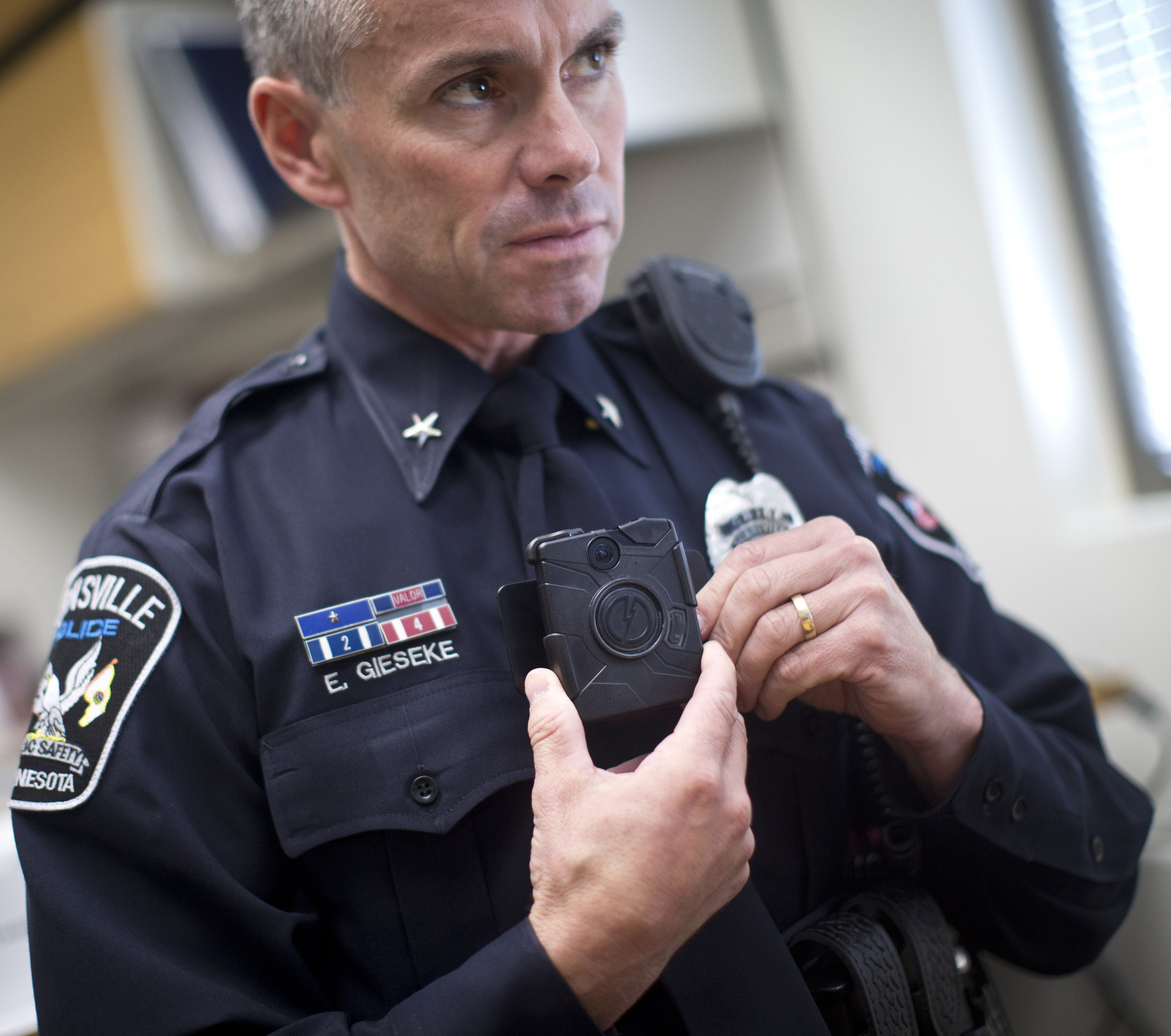
Incidents of police misconduct and uses of excessive or unnecessary force dominate news headlines, and for good reason, but the public and the police think very differently about them, exemplifying a disconnect and increasing lack of understanding between police and communities. The visibility of police work has increased through the use of body cameras, cell phone videos, and social media, yet the public largely feels that police accountability has not changed accordingly.
#POLICE PERCEPTION DEFINITION FULL#
The occupational culture of policing also gives officers a sense of camaraderie and support, and provides coping mechanisms for dealing with a job full of stress, conflict, and contradictions. There are positive elements of police culture, of course, such as the emphasis on doing good, meaningful, and purposeful police work.

This is expressed in many ways, including the thin blue line or blue wall of silence, behind which officers rally and protect each other, maintain secrecy and solidarity, and distance themselves from the public. The majority of officers enter the profession wishing to help people and have a positive impact in their communities, but through experience and cultural indoctrination, they begin to view the public they serve not as community partners and fellow citizens, but as enemies. The role law enforcement plays in maintaining order and enforcing laws sets them apart from many other occupations (though there is much that police could learn from other regulatory agencies) and bolsters a culture in which an “us v them” mentality often develops. They are street-level bureaucrats, and for many people, the most visible arm of the government, and one that represents authority, control, and power. Policing holds a unique position in society as the only occupation legally allowed, and even expected, to use lethal force. Approximately 70% of officers will resign or retire from the force without ever shooting their firearms, but police academies across the country continue to place considerably more time and emphasis on firearms training than on de-escalation tactics or problem-solving skills. This focus on hypermasculinity is problematic because the majority of police work is fairly routine: order maintenance, traffic control, and community problem-solving. The emphasis on crime fighting, guns, and violence is reflected in recruitment posters, on t-shirts, and by the media. The traditional police culture has been, and continues to be, defined by several key beliefs and assumptions about police work: danger and risk, authority and the use of force, solidarity and isolation, power and masculinity. For example, the “occupying soldier” narrative shared among officers is a key component of police culture that is readily on display through the increased militarization of police tactics, tools, and uniforms. Police culture impacts how they interact with the citizens they encounter, whether or not they issue a warning or make an arrest, how they respond to a fleeing suspect, how they write an arrest report to justify certain actions, and whether or not they will lie under oath.Ĭulture is expressed and can be viewed externally through symbols, images, clothing, behaviors, rituals, and tools.

Attitudes and beliefs about police work and the role of the police officer, whether held by individual officers or shared among an entire department, directly influence police officer discretion, decisions, and behavior. Culture is how police officers, and any other group, make sense of their world and their role in it. Broadly defined, culture refers to the shared norms, values, and beliefs of a group of people. It is not significant that policing has a unique culture - all professions and workplaces do - but the impact and consequences of police subculture are incredibly significant, not only for those who work in or come into contact with the criminal legal system, but for all of us. The occupational culture of policing has been a popular topic of debate, public scrutiny, and scholarly research for the past fifty years.
#POLICE PERCEPTION DEFINITION SERIES#
Part three of The New Leader series The Arc of Justice: Examining the Failures of the Criminal Justice System and the Hope of Progressive Reforms Photo from Creative Commons Public Domain.


 0 kommentar(er)
0 kommentar(er)
